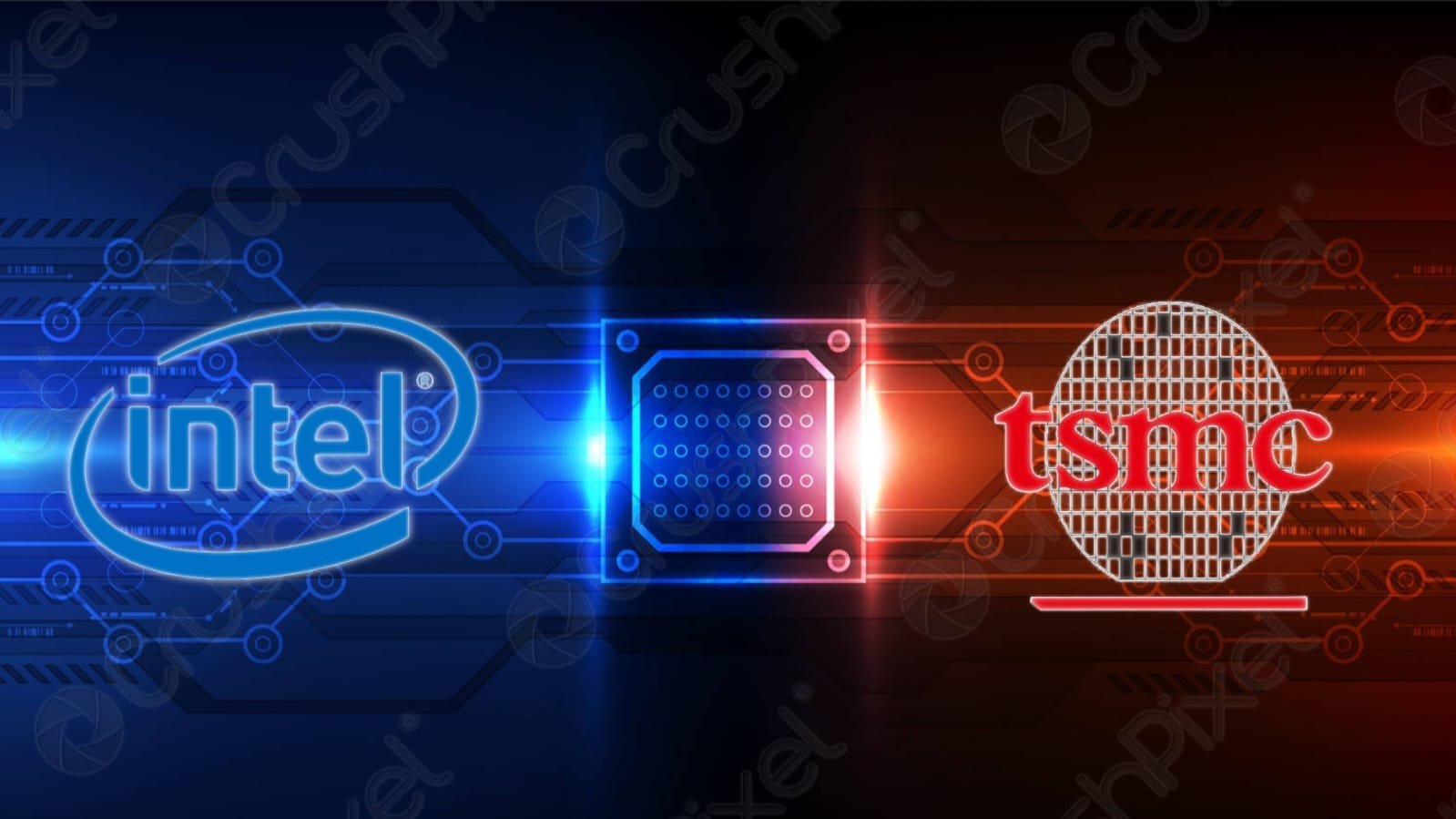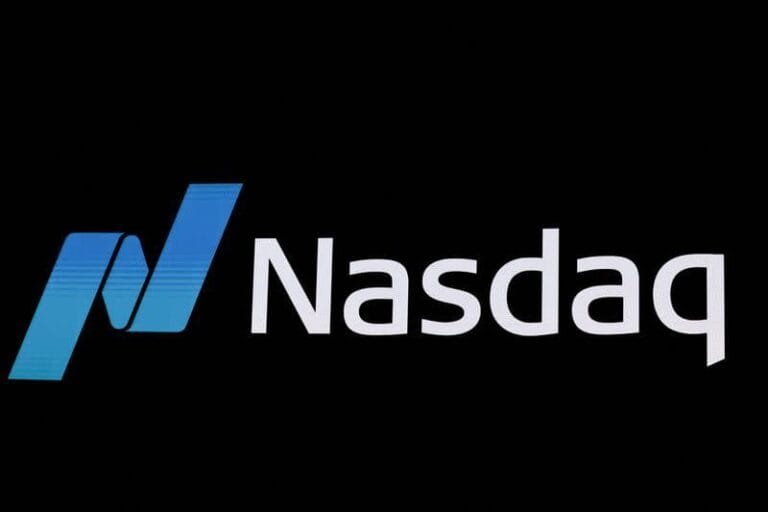
Intel and TSMC join forces in a landmark chip manufacturing venture to reshape the global semiconductor industry.
In a significant development in the global semiconductor industry, Intel TSMC chip (Taiwan Semiconductor Manufacturing Company) have reached preliminary agreement to establish a potential joint venture. This partnership could bring about a sea change in the chip manufacturing sector, with profound impact on the global technology landscape. The move is not only strategically important for both companies, but it will also reshape the global semiconductor supply chain. and Background Current State of the Semiconductor Industry and Today, the semiconductor industry is a vital part of the global economy. The demand for chips used in computers, smartphones, automobiles, and other electronic devices is constantly growing. However, there is a lack of adequate production capacity to meet this demand. Notably, there are only a few companies capable of manufacturing advanced chips, with TSMC being at the forefront.
What is Intel
Intel is an American multinational technology company that manufactures computer processors and other semiconductor products. This company has been a leader in the chip manufacturing industry for decades. However, in recent years, Intel has lagged behind TSMC in advanced chip manufacturing technologies. And if we talk about TSMC (Taiwan Semiconductor Manufacturing Company), then you. TSMC is the world’s largest contract chip manufacturer. This company manufactures chips for other companies, including Apple, Nvidia, and Qualcomm.
TSMC is a leader in advanced chip manufacturing technologies, and it is capable of manufacturing the world’s most advanced chips. And the purpose and importance of the joint venture The main purpose of the potential joint venture between Intel and TSMC is to increase advanced chip manufacturing capacity. Through this partnership, Intel will be able to use TSMC’s advanced technologies, and TSMC will be able to take advantage of Intel’s financial and marketing power. This joint venture has several important objectives:
Increase market competition on Intel TSMC chip
This venture will increase competition in the global semiconductor market, leading to better and cheaper products for consumers. Geopolitical implications: This venture will strengthen technology cooperation between the US and Taiwan, which is geopolitically important. and Pricing: Increasing production will lead to changes in the pricing of chips. Implications For India, this joint venture can impact efforts to achieve self-sufficiency in the semiconductor industry. The Indian government has launched several schemes to promote semiconductor manufacturing under the “Make in India” initiative. Through this venture, India can get access to advanced chip manufacturing technologies, and it can accelerate the growth of the semiconductor industry in the country. and Boost India’s semiconductor mission: It can boost India’s semiconductor mission, leading to the development of chip manufacturing capacity in the country.
and Technology transfer opportunities: India can get access to advanced chip manufacturing technologies through this venture, which will accelerate technology development in the country. and Investment opportunities: This venture can create new investment opportunities in the semiconductor industry in India, which will boost employment and economic growth. and Diversification in supply chain: India can help diversify the global semiconductor supply chain, which will boost the country’s strategic autonomy.
Future prospects on Intel TSMC chip
The potential joint venture between Intel and TSMC can prove to be a turning point for the semiconductor industry in the future. This venture will not only be beneficial for both the companies, but it will also change the global technology landscape. New technology development: This venture will accelerate the development of new chip manufacturing technologies, making even more advanced and powerful chips available in the future. Artificial intelligence and quantum computing: This venture will promote development in areas such as artificial intelligence and quantum computing, paving the way for a new technological revolution. Global collaboration: This venture will become an example of global technology collaboration, which will help strengthen relations between different countries. Stability: It will boost the stability of global chip manufacturing.
Conclusion: Intel TSMC chip
The potential joint venture of Intel and TSMC is a significant development in the semiconductor industry. Through this partnership, both companies can strengthen their capabilities, and strengthen their position in the global market. Although this venture will face many challenges, its long-term benefits will be significant. This venture will reshape the global semiconductor supply chain, and accelerate technology development. For India, this venture can boost efforts to achieve self-reliance in the semiconductor industry, and accelerate technology development in the country.





2 thoughts on “Intel TSMC chip: A Major Step Forward in Chip Manufacturing”